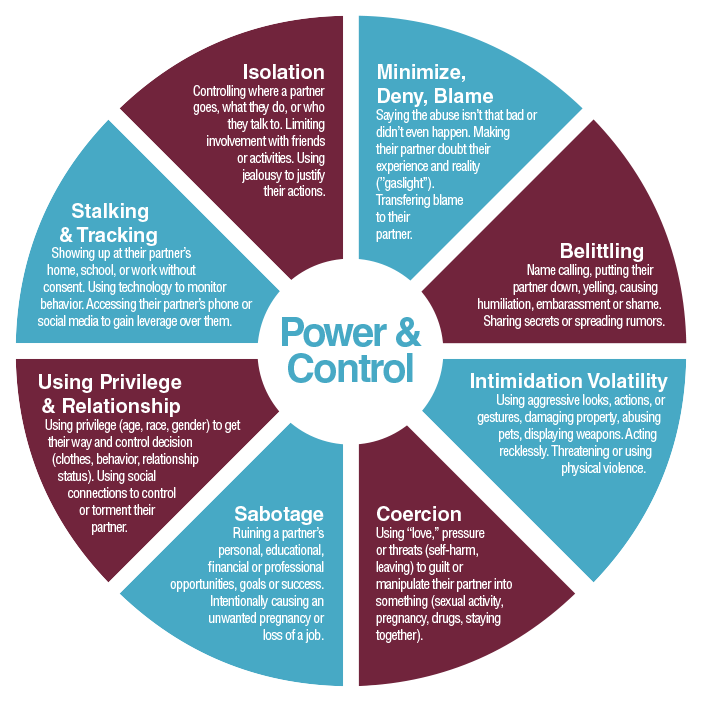Wondering about your own relationship?
You can take the healthy relationship quiz from Love is Respect.
Are you worried about your relationship?
Asking for help isn’t a weakness and if you’ve ever felt unsafe in your relationship, Project DVORA can help.
Worried about a friend?
If you know someone who you think might be in an abusive relationship, the best thing you can do is offer them unconditional support. You can share resources like this website and talk to trusted adults like parents, teachers, Rabbis, or other clergy members.
What is “intimate partner violence”?
Intimate partner violence is a pattern of hurtful and controlling behaviors between two people in a romantic relationship. Abuse can be physical (like hitting) or emotional (like putting somebody down).
Intimate partner violence is not caused by anger, mental health problems, alcohol or other drugs, or other common excuses. It is caused by one person’s belief that they have the right to control the other.
What is Project DVORA?
Project DVORA helps people who have experienced or are experiencing intimate partner violence. We focus on serving the Jewish community and the broader community as our capacity allows. We support youth ages 13 and older and our services include time-limited resource referrals and safety planning. If you think you might be experiencing abuse from a parent or guardian, please visit Friends of Youth or YouthCare for resources.

Click to enlarge.
Source: New Beginnings


